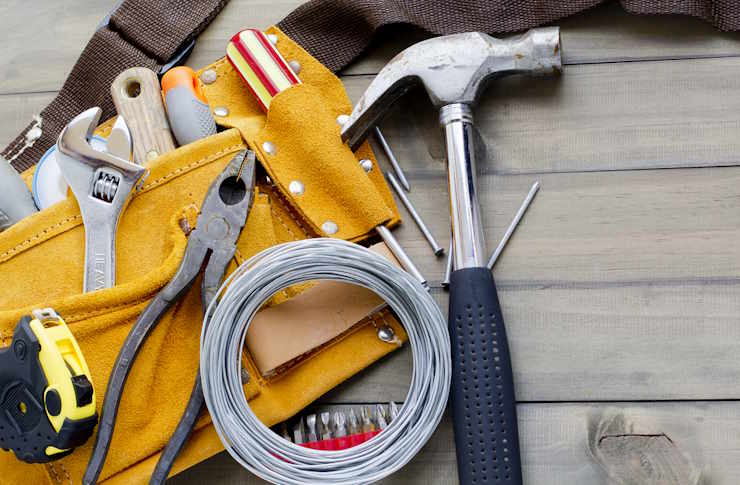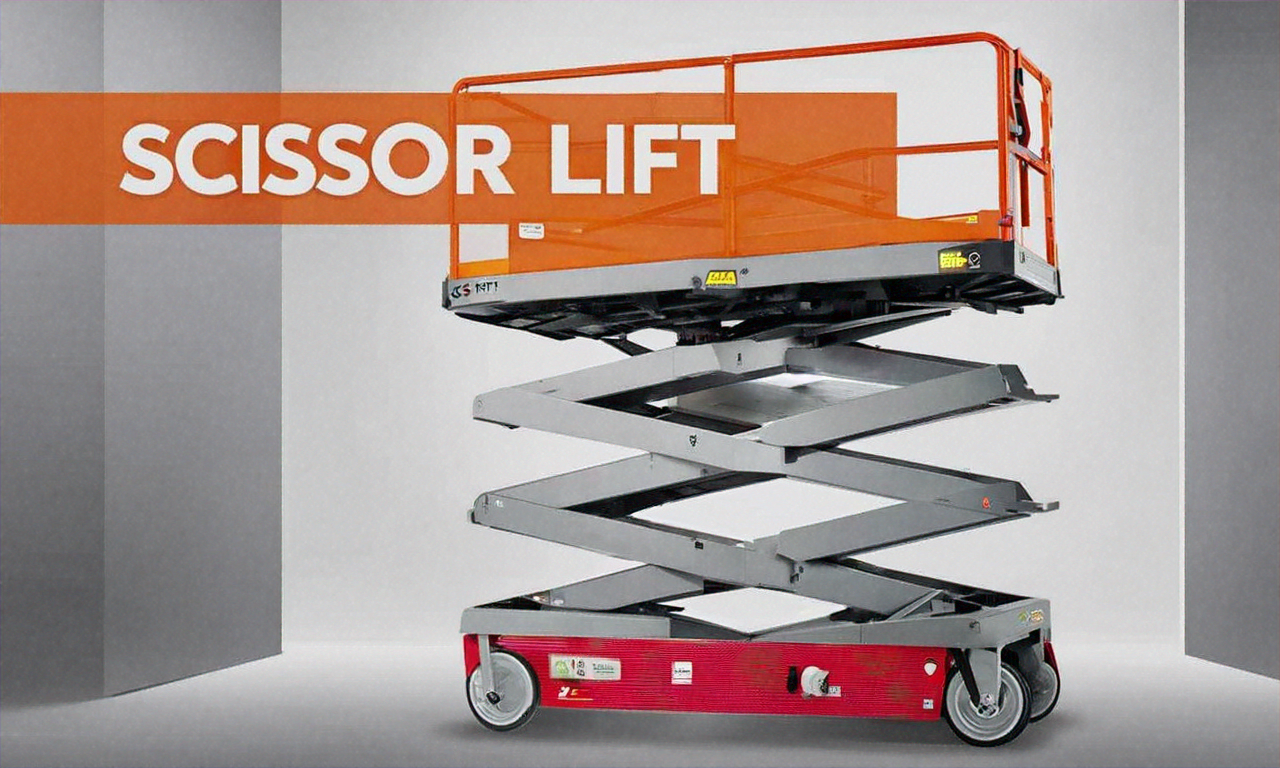Explore helpful tips on small trailers for daily use
Small trailers have become essential tools for countless Americans managing daily tasks, from hauling groceries and equipment to transporting recreational gear. Whether you're a homeowner tackling weekend projects, a small business owner making deliveries, or someone who values the flexibility of extra cargo space, understanding how to select and use a small trailer effectively can save time, money, and effort while ensuring safety on the road.

Discover Versatile Trailer Designs
Small trailers come in numerous configurations to match different needs and preferences. Utility trailers feature open beds with side rails, ideal for carrying lawn equipment, construction materials, or furniture. Enclosed cargo trailers provide weather protection and security for valuable items or tools. Flatbed trailers offer maximum loading flexibility for oversized items, while specialized designs include motorcycle trailers, kayak trailers, and dump trailers with hydraulic lifting mechanisms. When selecting a design, consider your most frequent hauling tasks. A landscaper might prioritize an open utility trailer with ramps for easy equipment loading, while a contractor could benefit from an enclosed model that doubles as secure mobile storage. Many modern trailers feature modular designs with removable sides or convertible configurations that adapt to changing needs throughout the year.
Understand Essential Features for Daily Use
Reliable trailers share several critical features that ensure safe, efficient operation. A sturdy frame constructed from steel or aluminum provides the foundation for durability, with galvanized or powder-coated finishes protecting against rust and corrosion. Proper lighting systems including brake lights, turn signals, and reflectors are legally required and essential for visibility. Quality trailer tires rated for the expected load capacity help prevent blowouts and maintain stability. Coupling mechanisms must match your vehicle’s hitch class, with options ranging from basic ball hitches to more sophisticated pintle hooks or gooseneck connections for heavier loads. Safety chains provide backup security if the primary hitch fails. Additional features worth considering include fenders to protect against road debris, tie-down points or D-rings for securing cargo, and braking systems on larger models. Trailers exceeding certain weight thresholds in most states require either surge brakes that activate automatically during deceleration or electric brakes controlled from the towing vehicle. Proper weight distribution systems help maintain vehicle control, especially important when towing regularly on highways or in varied weather conditions.
Get Practical Tips for Effective Transport
Successful trailer operation begins with proper loading technique. Always distribute weight evenly side-to-side and position approximately 60 percent of the load toward the front, creating slight downward pressure on the hitch without overwhelming it. Overloading the rear causes dangerous fishtailing, while excessive front weight strains the towing vehicle. Secure all cargo with appropriate straps, ropes, or nets, checking tension before departure and periodically during longer trips. Before each journey, inspect tire pressure on both the trailer and towing vehicle, verify that all lights function correctly, and ensure the hitch connection is secure with safety chains properly crossed underneath. When driving, allow extra distance for braking since trailers significantly increase stopping time. Take turns wider than usual to prevent the trailer wheels from striking curbs or obstacles. Practice backing up in an empty parking lot until the counterintuitive steering becomes natural—turning the steering wheel left moves the trailer right when reversing. Avoid sudden lane changes or aggressive maneuvers that can destabilize the trailer. In adverse weather, reduce speed substantially as trailers amplify the effects of wind, rain, and ice on vehicle control.
Explore Considerations for Your Needs
Selecting the right trailer requires honest assessment of your specific requirements. Begin by calculating the typical weight and dimensions of items you’ll transport. Trailer capacity ratings include both gross vehicle weight rating and tongue weight limits—exceeding either compromises safety and may void warranties. Match the trailer size to your towing vehicle’s capabilities, checking the owner’s manual for maximum towing capacity and required hitch class. Consider storage logistics when not in use, as even small trailers require dedicated space. Local regulations may impose restrictions on street parking or residential storage of trailers. Frequency of use influences whether purchasing makes financial sense compared to occasional rentals. For daily or weekly use, ownership typically proves more economical, while occasional haulers might find rental services more practical. Budget for maintenance costs including tire replacement, bearing lubrication, and periodic brake service. Registration and insurance requirements vary by state, with some jurisdictions requiring separate trailer plates and liability coverage. Think about future needs as well—a slightly larger trailer might accommodate growing business demands or evolving personal projects without requiring a second purchase.
Maximize Your Trailer’s Potential Today
Proper maintenance extends trailer lifespan and ensures reliable performance. Inspect wheel bearings annually, repacking them with fresh grease to prevent overheating and failure. Check tire tread depth and replace tires showing wear indicators or age-related cracking, typically every five to six years regardless of mileage. Examine the frame for rust or structural damage, addressing issues promptly before they compromise integrity. Lubricate the hitch coupler and moving parts regularly to prevent seizing. Test brake systems before each season of heavy use. Store trailers on level ground with the tongue slightly elevated to prevent water accumulation. Cover enclosed trailers or use breathable tarps on open models to protect against weather damage while allowing moisture to escape. Keep documentation organized, including registration, proof of ownership, maintenance records, and warranty information. Consider adding accessories that enhance functionality such as spare tire mounts, toolboxes, or ladder racks. Reflective tape or additional lighting improves visibility during dawn, dusk, or nighttime travel. Removable side extensions increase capacity for bulky but lightweight loads like leaves or mulch. By maintaining your trailer properly and using it within designed parameters, you’ll enjoy years of dependable service for countless daily tasks and projects.
Understanding Trailer Investment and Options
When budgeting for a small trailer, prices vary considerably based on size, construction quality, and features. Basic utility trailers measuring four by eight feet typically start around 800 to 1,500 dollars for entry-level models with simple construction. Mid-range trailers with improved materials, larger dimensions, and additional features generally cost between 1,500 and 3,500 dollars. Enclosed cargo trailers command higher prices, with small models starting near 2,000 dollars and extending to 5,000 dollars or more for larger, well-equipped versions. Specialized trailers for specific purposes like equipment hauling or dump functionality often fall in the 2,500 to 6,000 dollar range depending on capacity and hydraulic systems. Used trailers offer budget-friendly alternatives, though careful inspection for frame damage, rust, and mechanical issues is essential.
| Trailer Type | Typical Size Range | Estimated Price Range | Best For |
|---|---|---|---|
| Open Utility Trailer | 4x8 to 6x12 feet | 800 to 2,500 dollars | General hauling, landscaping, home projects |
| Enclosed Cargo Trailer | 5x8 to 6x12 feet | 2,000 to 5,000 dollars | Secure transport, weather protection, tools |
| Flatbed Trailer | 6x10 to 8x16 feet | 1,200 to 3,500 dollars | Oversized items, construction materials |
| Dump Trailer | 5x8 to 6x12 feet | 2,500 to 6,000 dollars | Landscaping debris, gravel, bulk materials |
| Specialty Trailer | Varies by purpose | 1,000 to 4,000 dollars | Motorcycles, boats, ATVs, specific equipment |
Prices, rates, or cost estimates mentioned in this article are based on the latest available information but may change over time. Independent research is advised before making financial decisions.
Beyond the initial purchase, factor in ongoing costs such as registration fees ranging from 20 to 100 dollars annually depending on state requirements, insurance that may add 100 to 300 dollars per year, and maintenance expenses averaging 100 to 200 dollars annually for routine service. These investments pay dividends through increased capability and convenience for daily transportation needs.
Making Small Trailers Work for You
Small trailers represent practical solutions for everyday transportation challenges, offering flexibility that transforms how you approach projects, errands, and recreational activities. By understanding the variety of designs available, recognizing essential features that ensure safety and durability, applying practical loading and driving techniques, carefully evaluating your specific needs, and committing to regular maintenance, you can maximize the value and performance of your trailer investment. Whether hauling mulch for weekend gardening, transporting equipment for your small business, or carrying camping gear for family adventures, a well-chosen and properly maintained small trailer becomes an indispensable tool that expands your capabilities while providing years of reliable service. The key lies in matching the right trailer to your requirements, operating it safely within design limits, and caring for it properly between uses.




